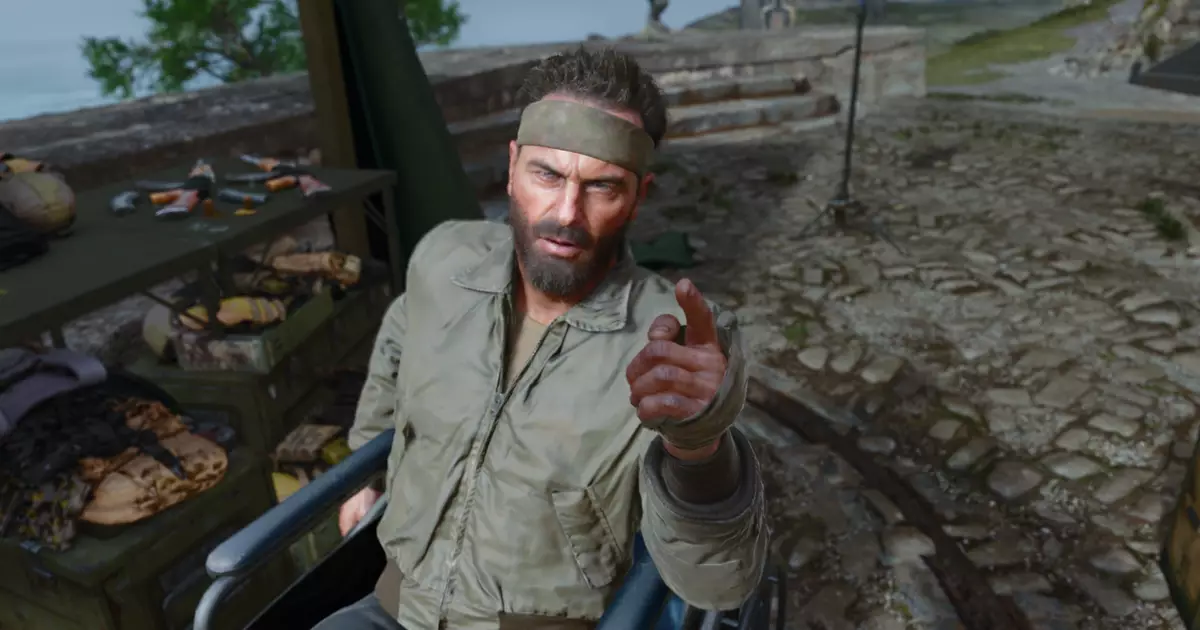In recent weeks, the gaming world has been rocked by an incident involving Peter Akemann, a prominent figure in the industry known for co-founding Treyarch, the studio behind the well-known Call of Duty franchise. His recent plea of guilty concerning the crashing of a drone into a firefighting plane during the Los Angeles wildfires raises significant concerns not only about the responsibilities of drone operators but also about the broader implications for emergency response efforts. The incident is a stark reminder of how seemingly benign recreational activities can turn detrimental under certain circumstances.
Akemann’s drone crash occurred at a crucial time when firefighting crews were battling the fierce Palisades fires that threatened lives and property. Ignoring temporary drone restrictions, which are common during emergencies, Akemann flew his drone more than 2,500 meters (around 1.5 miles) toward the blaze. Reports indicate that he lost sight of the drone, which subsequently collided with a Quebec Super Scooper—a firefighting aircraft carrying two crewmembers. The crash left a significant hole in the plane’s wing, rendering it inoperable and in need of costly repairs estimated at approximately $65,000.
The incident prompts a series of critical questions regarding safety protocols in emergency situations. Many may argue that the use of drones in such instances can offer insightful aerial views, thereby enhancing firefighting efforts. However, Akemann’s actions starkly illustrate how a lack of compliance can instead pose severe threats to first responders actively engaged in life-saving operations.
As part of a plea agreement, Akemann has agreed to plead guilty to one count of unsafe operation of an unmanned aircraft, a misdemeanor potentially punishable by up to a year in prison. In lieu of incarceration, he aims to fulfill a community service requirement totaling 150 hours while also covering the aircraft repair costs. The legal consequences reflect the seriousness with which the authorities view such reckless behavior, particularly in a time of crisis.
Acting United States Attorney Joseph T. McNally emphasized the gravity of the situation in a statement, suggesting that flying drones amidst an emergency significantly compromises the effectiveness of firefighting efforts. McNally’s comments underscore the necessity for strict adherence to operational guidelines, especially when human lives are at stake.
In the aftermath of this incident, the gaming industry has shown a considerable amount of solidarity toward those affected by the California wildfires. Various organizations, including the publisher Activision, have stepped up to provide financial aid. Activision recently donated $1 million in relief efforts and launched an in-game skin, with proceeds dedicated to supporting those impacted by the fires.
Additionally, other platforms like Humble Bundle and Itch.io are organizing supportive initiatives. These efforts highlight a sense of community within the industry, with creators rallying to provide direct help to individuals facing dire circumstances. This response reflects a more empathetic side to a sector often criticized for its disconnect from real-world issues.
Akemann’s case serves as a cautionary tale about the responsibilities that accompany drone operation, especially during emergencies. Even experienced individuals must recognize the potential hazards attached to operating unmanned aerial vehicles. The incident indicates a broader need for education and awareness surrounding drone use, particularly in sensitive areas and situations.
While Akemann’s defense points to mitigating factors, including alleged failures in the drone’s geo-fencing technology, it’s essential for operators to remain vigilant, understanding that technology cannot replace human judgment. The combination of complacency and technological oversight can lead to failures with unprecedented consequences.
The repercussions of Peter Akemann’s drone incident serve as a pivotal reminder of the intersection between technology and responsibility. As the community reflects on the events that transpired, it is hoped that lessons learned will lead to increased awareness, ensuring that such incidents are not repeated in the future. The commitment to safeguarding lives and enhancing community support must always take precedence over personal pursuits.


Leave a Reply